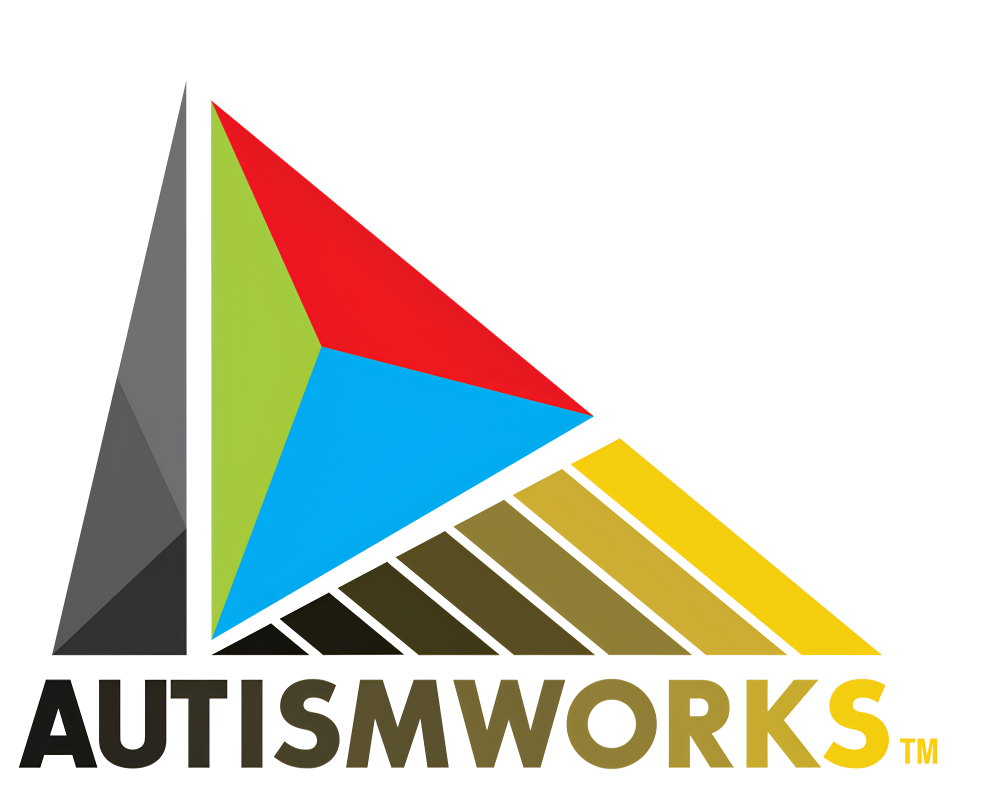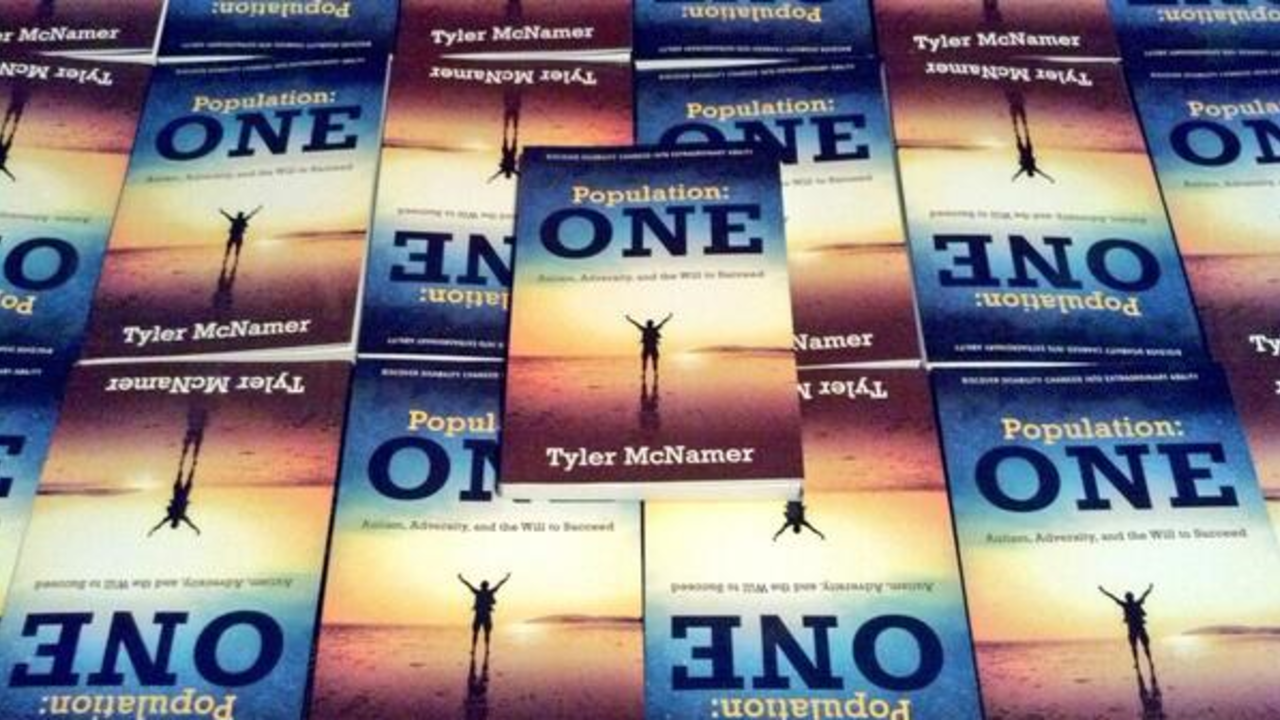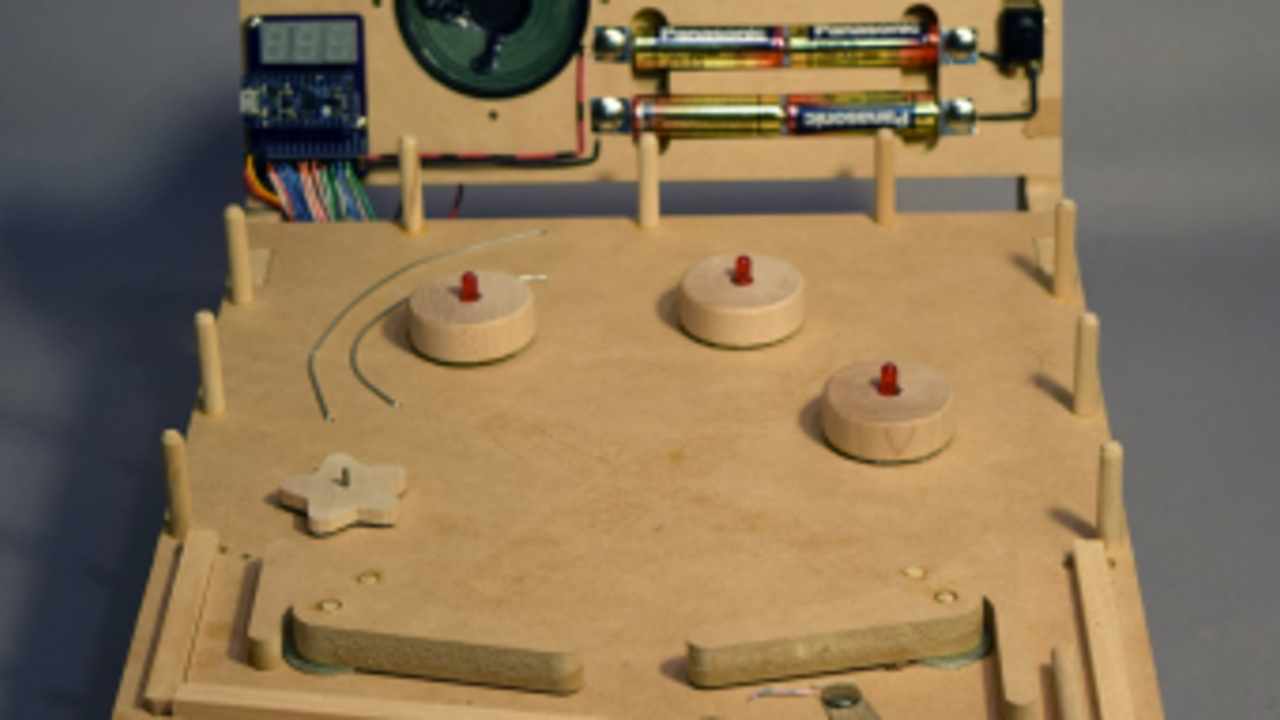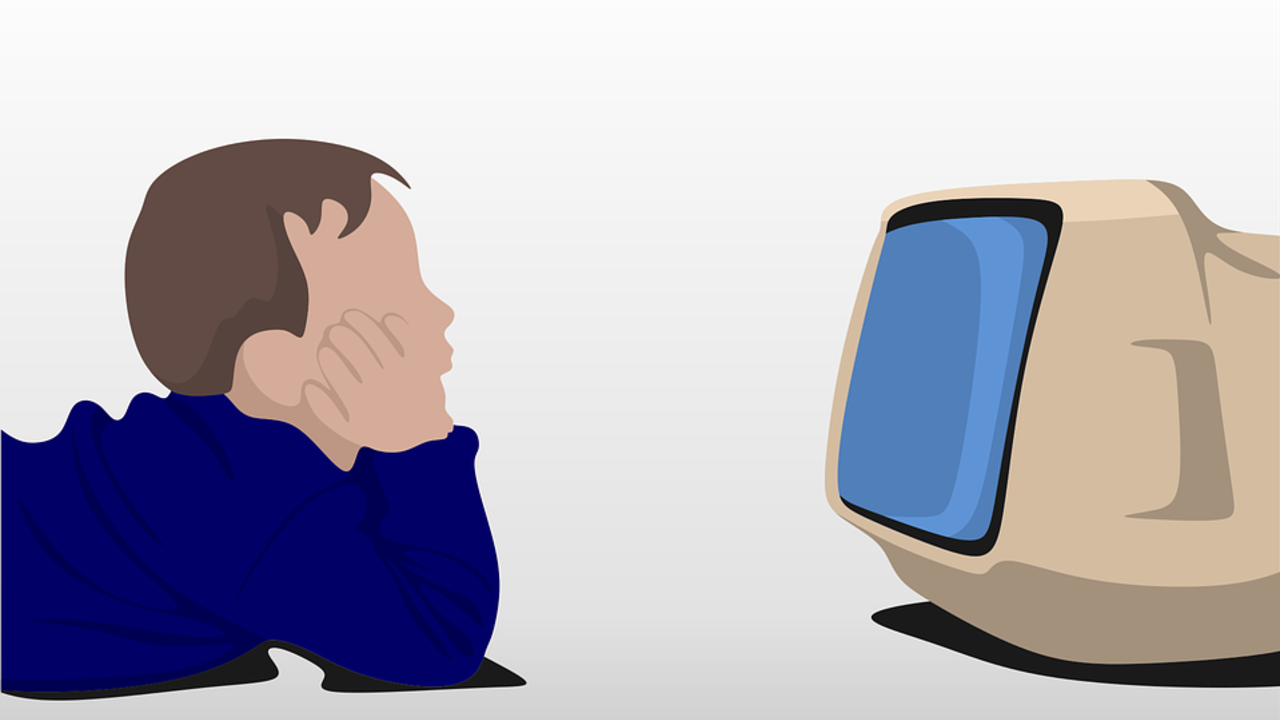Blogs
What Public Speaking Means to Me
Mar 12, 2018
The Figure
Feb 22, 2018
Pinball
Jan 22, 2018
Television
Jan 01, 2018
Social Media
Dec 11, 2017
Entertainment
Nov 27, 2017
Dance
Nov 07, 2017
Flight
Oct 25, 2017
One World Observatory
Oct 16, 2017
Movies
Oct 04, 2017
Silence
Sep 19, 2017
Jobs
Sep 12, 2017













